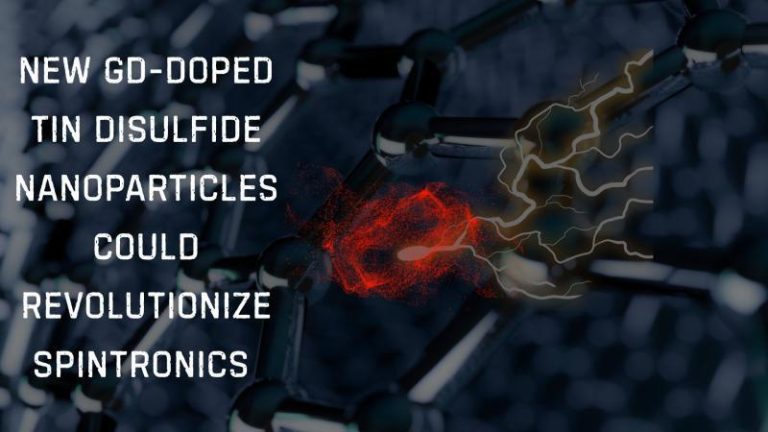
Astronauts who fought odds before Blue Origin’s all-women crew
The recent all-female space flight crew launched by Blue Origin has left many in awe, and rightly so. The achievement is a significant step forward for women in STEM fields and a testament to the power of perseverance and determination. However, as we celebrate this milestone, it is essential to acknowledge the women who fought against incredible odds to pave the way for this achievement. Their stories are a reminder that success is often built on the shoulders of those who came before us, and that their struggles and triumphs are what make this moment possible.
The story of Valentina Tereshkova, a Soviet cosmonaut who became the first woman in space in 1963, is a powerful example of this. Born in 1937, Tereshkova grew up in a small village in rural Russia, where opportunities for women were limited. Despite these challenges, she pursued her passion for parachuting and became a professional skydiver, eventually catching the attention of the Soviet space program. Her historic flight on the Vostok 6 spacecraft lasted nearly three days, and she returned to Earth as a national hero.
Another trailblazer is Sally Ride, an American astronaut who became the first American woman in space in 1983. Ride’s journey to space was marked by numerous obstacles, including the skepticism of her male colleagues and the lack of opportunities for women in the early years of the space program. Despite these challenges, she persevered and became a professor of physics at Stanford University before being selected for NASA’s Astronaut Candidate Program.
Ride’s experience illustrates the ways in which women in STEM fields often face unique challenges, from biases and stereotypes to limited opportunities and lack of support. Her story also highlights the importance of mentorship and role models in overcoming these hurdles. Ride’s own mentors, including physicist and astronaut candidate program director, Anna Johnson Fulton, played a crucial role in her success.
The story of Mae Jemison, an American astronaut who became the first African American woman in space in 1992, is another powerful example of the struggles and triumphs of women in STEM. Jemison grew up in Chicago and developed an interest in science and mathematics at an early age. She pursued a degree in chemical engineering and later became a physician, before being selected for NASA’s Astronaut Candidate Program. Her experience in space was marked by a sense of pride and accomplishment, but also by the awareness that she was breaking down barriers for women and people of color.
Jemison’s story is a testament to the importance of representation and diversity in STEM fields. When students see themselves reflected in the achievements of others, it can inspire them to pursue their own dreams and ambitions. Jemison has spoken about the impact that seeing African American women in STEM fields has had on her own career and has emphasized the importance of ensuring that opportunities are available to all, regardless of race or gender.
The stories of Tereshkova, Ride, and Jemison are just a few examples of the many women who have fought against incredible odds to achieve success in STEM fields. Their struggles and triumphs are a reminder that success is often built on the shoulders of those who came before us, and that their achievements are what make this moment possible.
As we celebrate the achievements of Blue Origin’s all-female space flight crew, it is essential to acknowledge the women who have paved the way for this moment. Their stories are a reminder that success is not solely the result of individual achievement, but is often the culmination of collective effort and perseverance.
The glossy narrative surrounding this achievement tells us that these extraordinary women can be just like us – that they are the embodiment of our dreams and aspirations. But behind this aspirational ideal, there is a more problematic story regarding successful women in science and their roles in public.
The fetishization of women in STEM fields, particularly those who have achieved great success, can be problematic. It can create unrealistic expectations and reinforce harmful stereotypes about women’s abilities and roles in society. It can also distract from the broader issues facing women in STEM, such as the lack of opportunities and support, the persistence of biases and stereotypes, and the need for greater representation and diversity.
As we celebrate the achievements of Blue Origin’s all-female space flight crew, it is essential to acknowledge the complexities and nuances of their experiences. We must recognize that their success is not solely the result of individual achievement, but is often the culmination of collective effort and perseverance. We must also recognize that their stories are not isolated events, but are part of a broader narrative about the struggles and triumphs of women in STEM fields.
Ultimately, the story of Blue Origin’s all-female space flight crew is one of hope and inspiration. It reminds us that success is possible, even in the face of incredible odds, and that the power of perseverance and determination can overcome even the greatest challenges. As we look to the future, we must continue to celebrate the achievements of women in STEM, while also working to create a more inclusive and equitable environment that allows all individuals to thrive.






